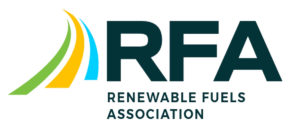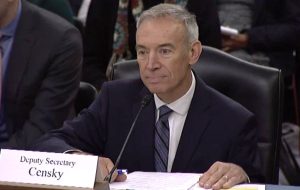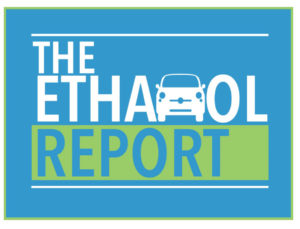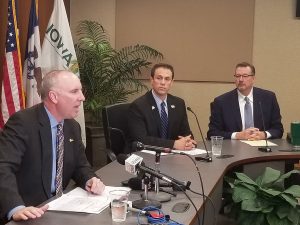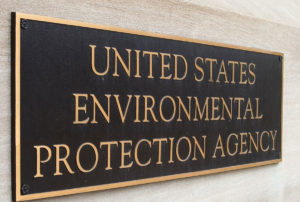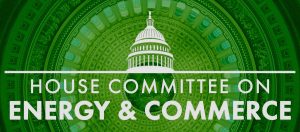 “Protecting the RFS: The Trump Administration’s Abuse of Secret Waivers,” is the title of a House Energy and Commerce Subcommittee hearing scheduled for next Tuesday October 29.
“Protecting the RFS: The Trump Administration’s Abuse of Secret Waivers,” is the title of a House Energy and Commerce Subcommittee hearing scheduled for next Tuesday October 29.
The Environment and Climate Change Subcommittee hearing will focus on EPA’s “mismanagement of the Renewable Fuel Standard (RFS) program” and will also examine H.R. 3006, the Renewable Fuel Standard Integrity Act of 2019, introduced by Rep. Collin Peterson (D-MN).” The bill would set an annual deadline for small refinery exemption applications and bringing transparency to the process.
The hearing is scheduled for 10:30 am Eastern on October 29, but more information including the Committee Memorandum, legislation, witness list, testimony and a live webcast will be posted as it becomes available.
On Tuesday, a coalition of renewable fuel and agricultural trade organizations filed a petition with the Court of Appeals for the District of Columbia Circuit, challenging the process used by EPA to exempt “certain unknown small refineries from their respective (RFS) obligations for 2018.” The coalition includes the American Coalition for Ethanol, Growth Energy, National Biodiesel Board, National Corn Growers Association, National Farmers Union, and Renewable Fuels Association.
Unlike previous years, EPA’s entire decision document was only two pages long, the coalition noted in their petition. In these short two pages, EPA purported to resolve 36 pending petitions for disproportionate economic hardship exemptions—a decision that exempted small refineries from having to blend almost one and a half billion gallons of renewable fuel.


